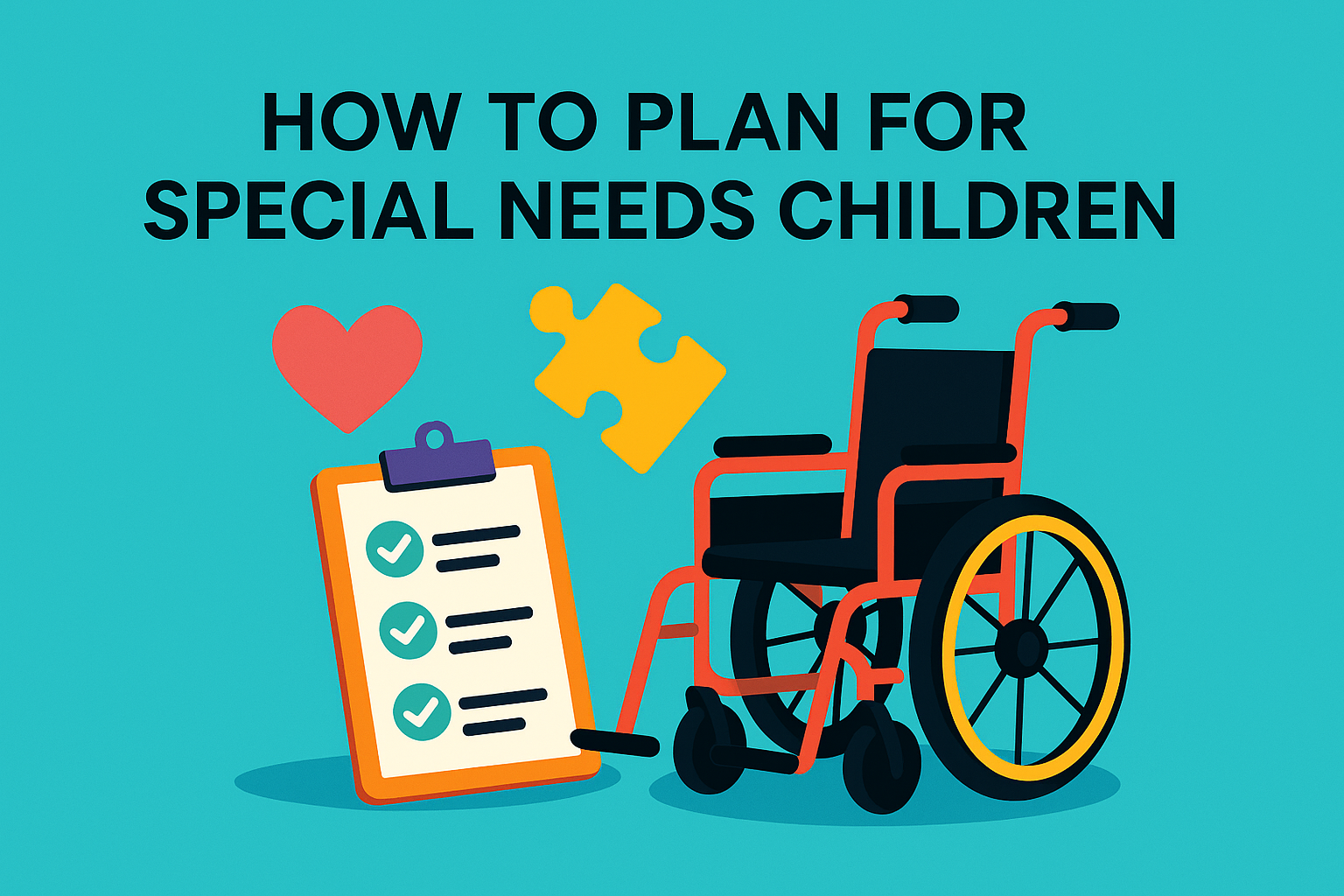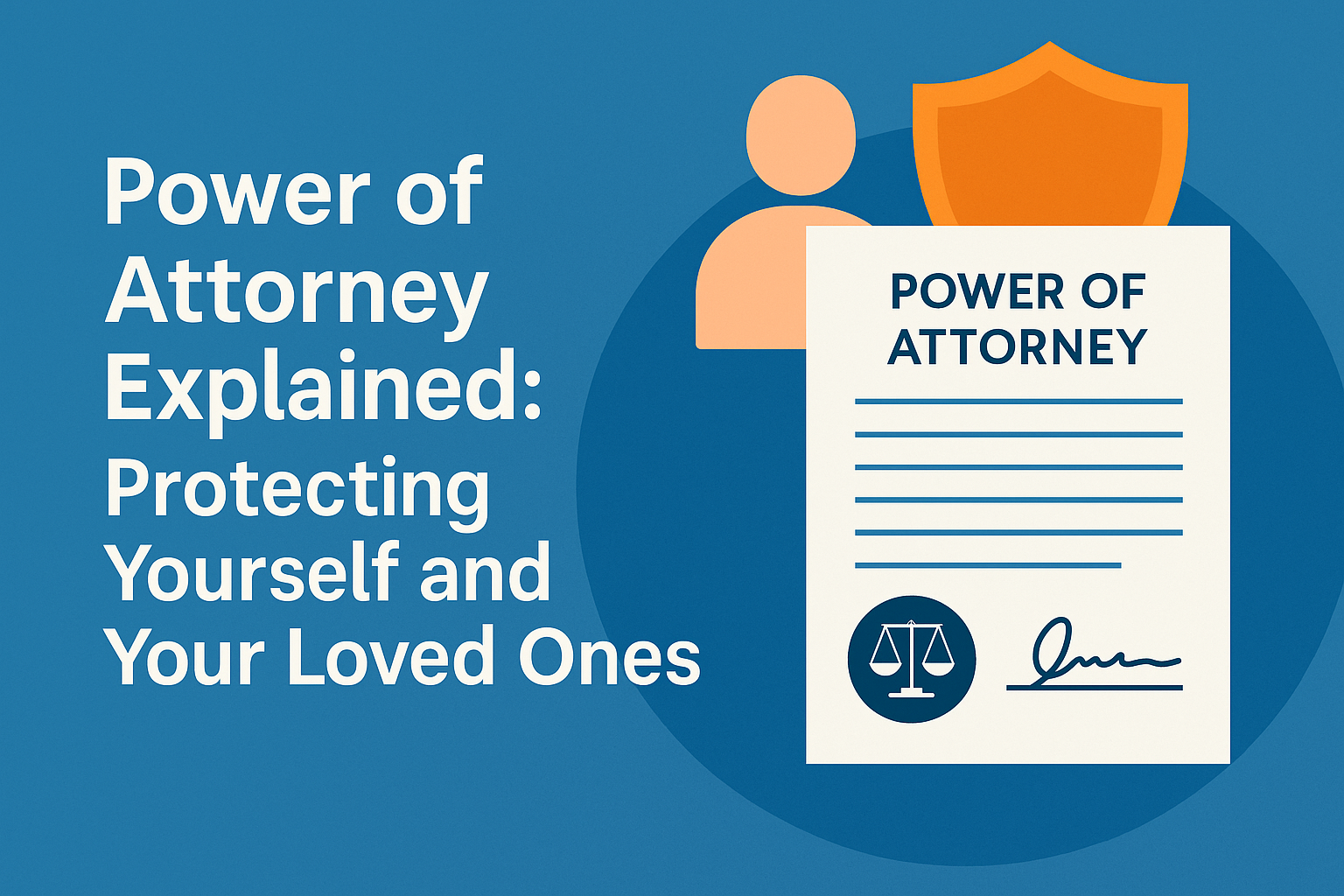How to Plan for Special Needs Children
Planning for a child with special needs isn’t just about doctor appointments and therapy schedules—though there will be plenty of…

Planning for a child with special needs isn’t just about doctor appointments and therapy schedules—though there will be plenty of…

Let’s talk about something most people avoid thinking about until they absolutely have to: what happens to your stuff when…

🧠 Introduction: Who Speaks for You When You Can’t? Life is unpredictable. A sudden illness, injury, or absence can make…
Estate taxes can significantly impact the value of the assets passed on to your heirs. Understanding how these taxes work…
An Advanced Healthcare Directive is a legal document that outlines your preferences for medical treatment if you’re unable to make…
A trustee plays a crucial role in managing and distributing assets held in a trust according to the terms set…
Every individual and family has unique circumstances, and a one-size-fits-all approach doesn’t work for estate planning. Whether you’re a business…
Estate planning isn’t just for the wealthy or elderly—it’s essential for anyone who wants to ensure their assets are distributed…
A healthcare power of attorney in Temecula Valley is a crucial legal document that allows you to designate someone you…
Many people believe that once they have an estate plan in Temecula Valley, their assets are fully protected. However, without…